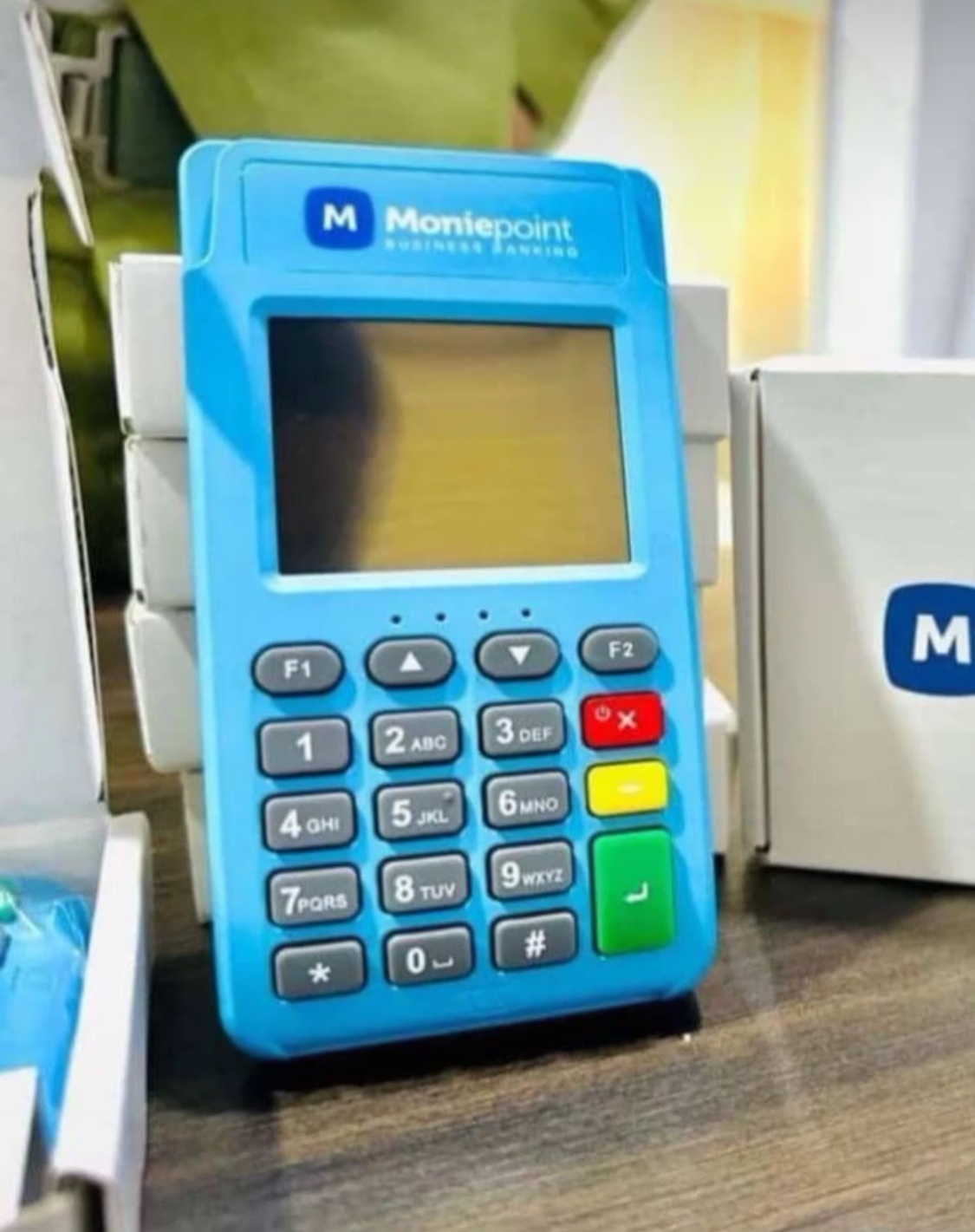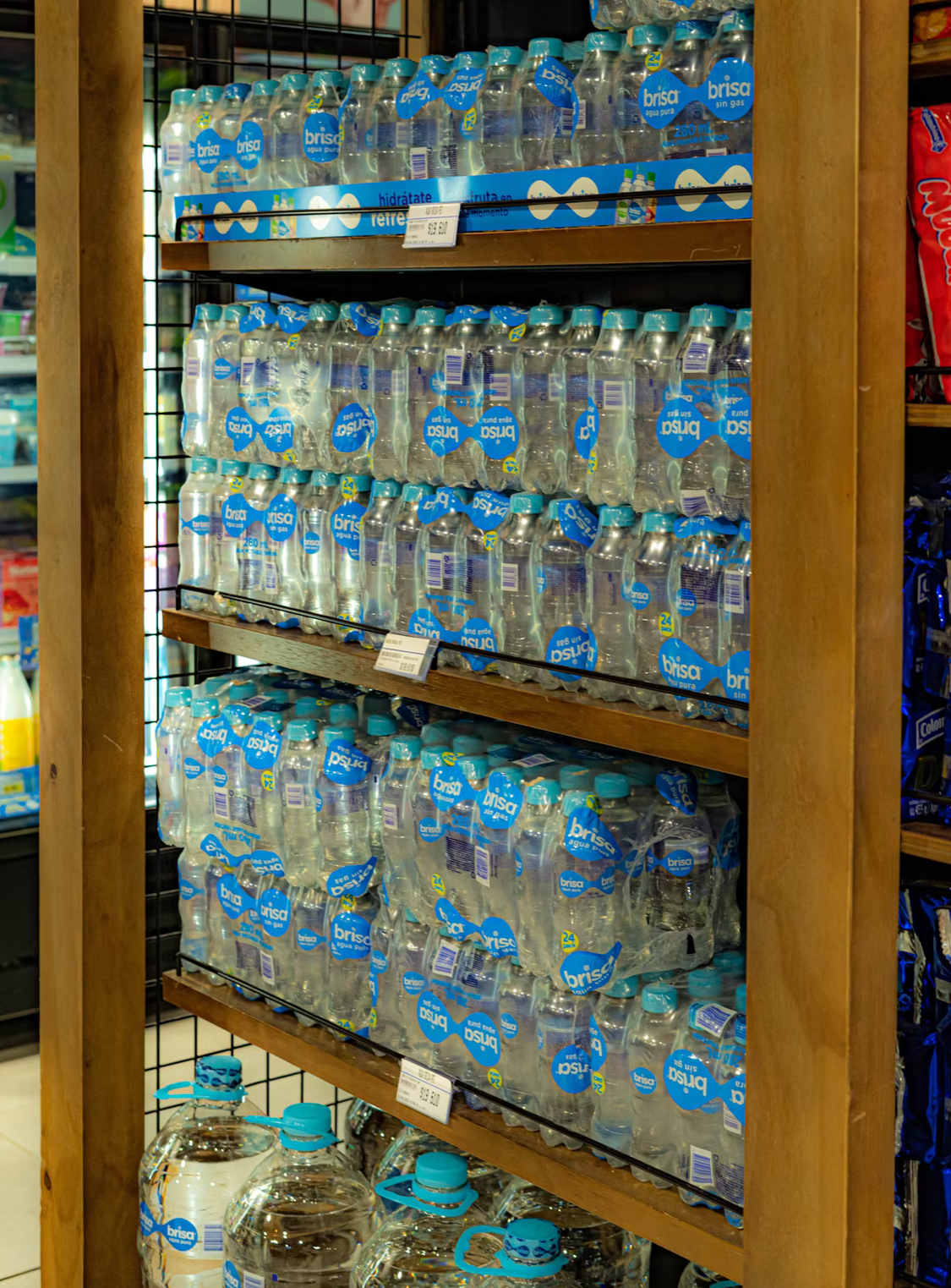
Nigeria’s vibrant economy, driven by a population of over 200 million and a dynamic entrepreneurial spirit, offers numerous opportunities for businesses that generate daily income. Here’s top 10 Daily income business in Nigeria
These ventures are particularly appealing due to their low startup costs, quick returns, and ability to cater to everyday needs. Below is a detailed exploration of the top 10 daily income businesses in Nigeria for 2025, each with insights into startup requirements, potential earnings, and strategies for success. This guide aims to provide actionable ideas for students, professionals, or anyone seeking financial independence in Nigeria’s bustling market.
1. Point of Sale (POS) Business

The POS business has become a cornerstone of Nigeria’s financial ecosystem, driven by the demand for convenient cash withdrawals, bill payments, and fund transfers. With long queues at ATMs and unreliable banking services in some areas, POS agents fill a critical gap. Here’s what you should know about Daily income business in Nigeria
- Startup Costs: ₦50,000–₦150,000 (POS machine, working capital, small kiosk or shop).
- Daily Earnings: ₦5,000–₦20,000, depending on transaction volume and location.
- Why It Works: High demand in semi-urban and rural areas with limited banking infrastructure. Commissions (e.g., ₦100 per ₦5,000 transaction) add up quickly.
- How to Start: Register with trusted providers like Moniepoint, Opay, or Palmpay. Secure a busy location, such as near markets or bus stops, and ensure reliable network connectivity.
Tips for Success: Offer additional services like airtime sales or utility bill payments to diversify income. Maintain transparency and excellent customer service to build trust.
2. Street Food and Snack Vending
Food vending is a reliable daily income business due to Nigerians’ preference for affordable, home-cooked meals and snacks. From akara (bean fritters) and bread to roasted plantain and suya, street food caters to workers, students, and commuters.
- Startup Costs: ₦10,000–₦50,000 (cooking utensils, ingredients, portable stall).
- Daily Earnings: ₦3,000–₦15,000,000 daily, or more in high-traffic areas like schools or offices.
- Why It Works: Food is a daily necessity, ensuring consistent demand. Low-cost ingredients like beans, yam, or plantain yield high margins.
- How to Start: Identify popular local dishes and a strategic location (bus stops, markets, or near construction sites). Ensure hygiene and quality to attract repeat customers.
- Tips for Success: Use social media to promote your menu and offer delivery to nearby offices. Experiment with unique recipes to stand out.
3. Mobile Phone Charging Business
Unreliable electricity supply makes phone charging services a lucrative venture, especially in areas with frequent power outages. This is a great choice for Daily income business in Nigeria
- Startup Costs: ₦5,000–₦20,000 (power bank, generator, or solar-powered charging station).
- Daily Earnings: ₦2,000–₦10,000, based on customer volume.
- Why It Works: Smartphones are essential for communication and business, creating constant demand for charging.
- How to Start: Set up a small booth with multiple charging ports in markets, universities, or residential areas. Invest in a solar charger to reduce fuel costs.
Tips for Success: Offer fast-charging options and bundle services like data sales. Maintain a friendly demeanor to retain customers.
4. Laundry and Dry Cleaning Services

Busy lifestyles in cities like Lagos and Abuja have fueled demand for laundry services among professionals and students. This is a good Daily income business in Nigeria
- Startup Costs: ₦100,000–₦500,000 (washing machine, iron, detergent, workspace).
- Daily Earnings: ₦5,000–₦20,000, depending on volume and service type.
- Why It Works: Time-strapped individuals prefer outsourcing laundry, ensuring repeat business.
- How to Start: Invest in basic equipment and target residential areas or hostels. Offer pickup and delivery to add value.
5. Beauty Services (Barbing, Hair, Makeup, and Nails)
Beauty services, including barbing, hair braiding, makeup, and manicures, are in high demand, particularly among women and students.
- Startup Costs: ₦50,000–₦200,000 (clippers, hairdryers, makeup kits, or nail tools).
- Daily Earnings: ₦5,000–₦20,000, based on service type and location.
- Why It Works: Nigerians prioritize personal grooming, creating a steady client base.
- How to Start: Learn skills via apprenticeships or online courses. Start from home, visit clients, or rent a small shop in a busy area.
Tips for Success: Stay updated on trends (e.g., new hairstyles or nail designs). Post before-and-after photos on Instagram to attract clients.
6. Transportation (Ride-Hailing or Motorcycle Taxis)
Ride-hailing services like Uber, Bolt, or okada (motorcycle taxis) thrive due to Nigeria’s urban mobility needs.
- Startup Costs: ₦100,000–₦500,000 (motorcycle or car lease, licensing, fuel).
- Daily Earnings: ₦10,000–₦30,000, depending on hours worked and city.
- Why It Works: High population density and traffic congestion drive demand for quick transport.
- How to Start: Register with ride-hailing platforms or operate independently in busy areas. Ensure vehicle maintenance and safety compliance.
Tips for Success: Work peak hours (mornings and evenings) and maintain a high rating on platforms. Offer clean, reliable rides.
7. Mini Importation and Retail
Mini importation involves sourcing affordable goods (e.g., phone accessories, fashion items) from China or other countries for resale in Nigeria.
- Startup Costs: ₦50,000–₦100,000 (initial stock, shipping, marketing).
- Daily Earnings: ₦5,000–₦20,000, depending on sales volume.
- Why It Works: High demand for trendy, affordable products like chargers, earphones, or wigs.
- How to Start: Use platforms like AliExpress to source products. Sell via social media or marketplaces like Jumia.
Tips for Success: Focus on high-demand niches and use Instagram or WhatsApp for marketing. Ensure fast delivery to build trust.
8. Freelance Services (Writing, Graphic Design, Virtual Assistance)
Digital skills like writing, graphic design, or virtual assistance offer daily income opportunities, especially for tech-savvy individuals.
- Startup Costs: ₦0–₦50,000 (laptop, internet, software subscriptions).
- Daily Earnings: ₦5,000–₦30,000, depending on client volume and skill level.
- Why It Works: Global demand for remote services allows earnings in foreign currencies.
- How to Start: Create profiles on platforms like Fiverr, Upwork, or LinkedIn. Learn in-demand skills via free or paid online courses.
- Tips for Success: Deliver high-quality work and meet deadlines. Network with clients for repeat business.
9. Pure Water and Beverage Sales

Selling sachet or bottled water and soft drinks is a low-risk business with guaranteed daily sales.
- Startup Costs: ₦50,000–₦150,000 (cooler, ice blocks, initial stock, small stall).
- Daily Earnings: ₦3,000–₦10,000, based on location and season.
- Why It Works: Water is a daily necessity, especially in hot climates or busy areas.
- How to Start: Partner with local distributors for affordable stock. Set up near markets, bus parks, or schools.
Tips for Success: Keep drinks chilled and offer a variety of options. Maintain hygiene to attract customers.
10. Event Photography and Videography
Photography services for weddings, birthdays, or corporate events are in high demand, especially in urban centers.
- Startup Costs: ₦100,000–₦500,000 (camera, lenses, editing software).
- Daily Earnings: ₦10,000–₦50,000 per event, depending on expertise and demand.
- Why It Works: Nigerians celebrate frequently, ensuring regular bookings.
- How to Start: Learn photography skills via online tutorials or apprenticeships. Build a portfolio and promote services on social media.
Tips for Success: Offer packages (e.g., photo + video) and deliver high-quality edits promptly. Network with event planners for referrals.
Key Considerations for Success
To thrive in these daily income businesses, consider the following:
- Location: Choose high-traffic areas for physical businesses like food vending or POS services. For online ventures, leverage platforms with large audiences.
- Customer Service: Build loyalty through excellent service, prompt delivery, and fair pricing.
- Marketing: Use social media (Instagram, WhatsApp, Twitter) to reach customers. Word-of-mouth referrals are also powerful in Nigeria.
- Scalability: Start small but reinvest profits to expand. For example, a food vendor can grow into a catering service, or a POS agent can open multiple outlets.
- Adaptability: Stay updated on market trends and customer preferences. For instance, beauty service providers should learn new techniques, while mini importers should track trending products.
Challenges and Solutions
While these businesses are profitable, they come with challenges:
- Competition: Differentiate your business through unique offerings or superior quality. For example, a food vendor can introduce healthier options or unique flavors.
- Capital Constraints: Start with low-cost ventures like phone charging or freelancing. Platforms like Cusecho Swap allow trading unused items for startup tools.
- Inflation: Source affordable supplies in bulk and adjust pricing strategically to maintain margins.
Infrastructure Issues: Invest in alternatives like solar power for phone charging or POS businesses to mitigate unreliable electricity.
Conclusion
Nigeria’s economic landscape in 2025 is ripe with opportunities for daily income businesses that cater to essential needs like food, transportation, and financial services. Whether you’re starting with ₦5,000 or ₦500,000, these ventures offer flexibility, quick returns, and scalability. Success hinges on identifying a niche that aligns with your skills, choosing a strategic location, and delivering exceptional value to customers. By leveraging low startup costs and Nigeria’s large market, you can achieve financial independence and build a sustainable income stream. Start small, stay consistent, and scale smartly to turn your entrepreneurial dreams into reality.











